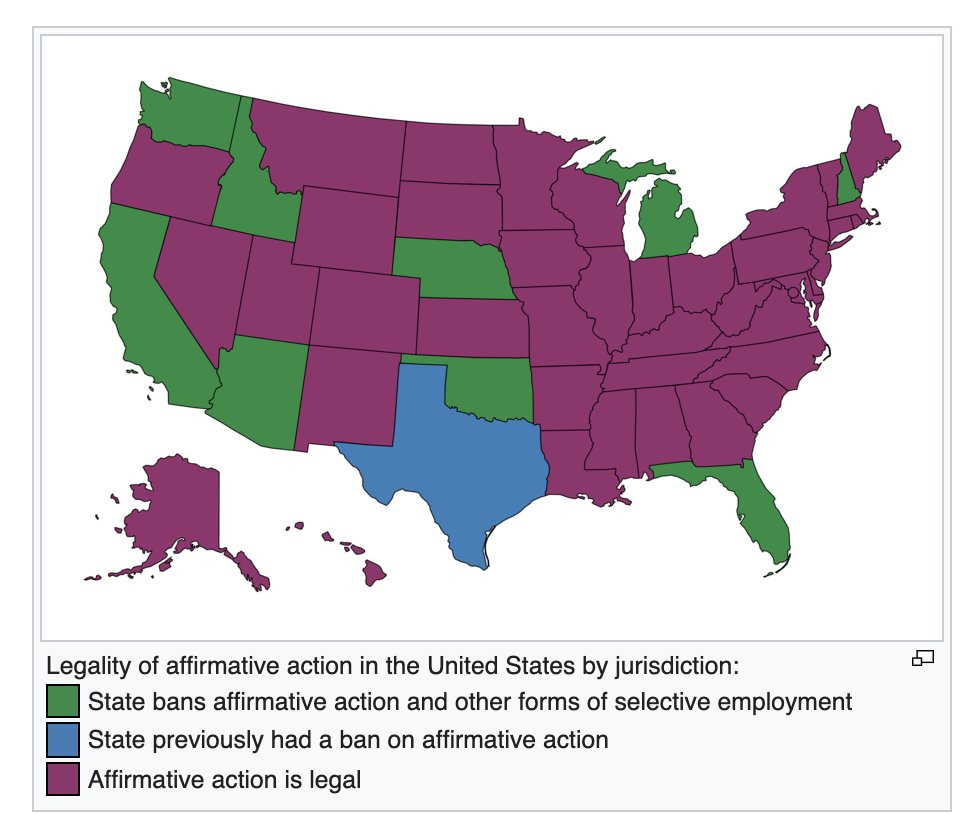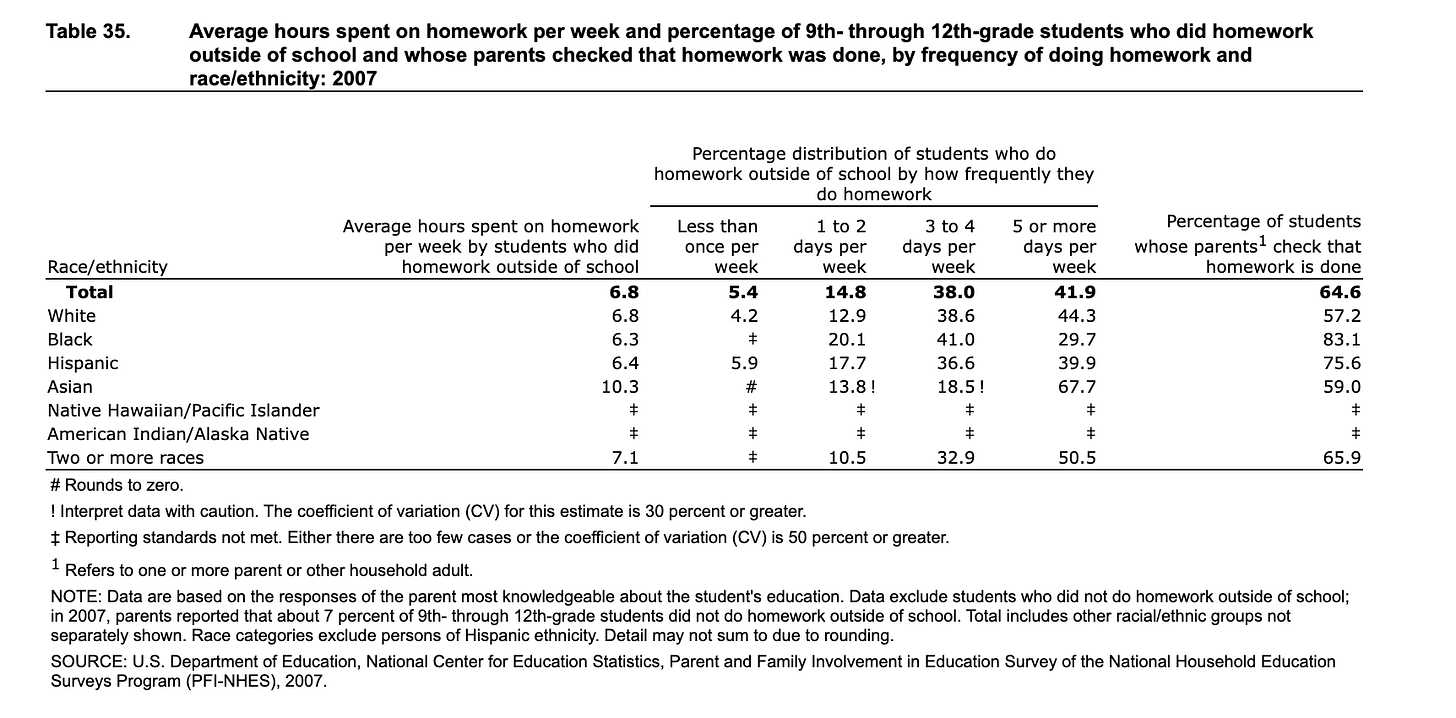Affirmative Action: An Inconvenient Case of Systemic Racism in University Admissions
Affirmative Action as a concept refers to the set of initiatives taken by institutions like universities and corporations to artificially ensure diversity quotas are met. Although Affirmative Action is commonly marketed as an inclusivity initiative and perceived as using ‘holistic admissions’ criteria as tie breakers between equally qualified applicants, the actual methodologies of the practice give certain races preferential treatment over other races. It’s ironic that Affirmative Action was put in place to make amends for systemically racist practices like Jim Crow but is itself a form of systemic racism which is defined as:
“Institutional racism, also known as systemic racism, is a form of racism that is embedded in the laws and regulations of a society or an organization. It manifests as discrimination in areas such as criminal justice, employment, housing, health care, education, and political representation.” - Wikipedia
What makes Affirmative Action a manifestation of systemic racism is the fact it considers race as a factor in who gains acceptance into universities which matches the above definition. A lawsuit against Harvard revealed that, all else being equal, an “Asian-American with a 25% chance of admission would have a 35% chance if he were white, a 75% chance if he were Hispanic, and a 95% chance if he were African American.” Harvard is not the only university that practices Affirmative Action with Yale also having faced lawsuits for its discriminatory admissions practices and most states having opted to keep Affirmative Action legal.
Although it has kept Affirmative Action bans in place, California has shown interest in reinstating the practice with a 2020 proposition due to political incentives created from the Black Lives Matter movement. The current climate around racial discourse makes it difficult to acknowledge that disparities can exist between races without overt discrimination being the driving reason. As Thomas Sowell noted: “When there are major disparities in outcomes among men who are all in the top one percent in IQ, and among siblings raised under the same roof, as well as discriminated-against minorities being more economically successful than those discriminating against them—as has happened in the Ottoman Empire, many Southeast Asian countries, and much of Eastern Europe, for example—the insistence on believing that human biases are the primary cause of disparities in outcomes ignores a vast range of evidence to the contrary.”
Ultimately there are multiple variables that can factor into disparate outcomes between races such as family, socio-economic status, culture, and time spent studying.
Cross-examining the graph with the Harvard admissions data indicates the more your racial group studies on average as a whole, the harder it’ll be for the individual to gain admission relative to equally qualified candidates of other races. Asians are the hardest hit by Affirmative Action policies that undermine meritocracy in the United States followed by Whites.
Affirmative Action, by definition, is a form of systemic racism that disproportionately affects college applicants of Asian descent. Although the intentions are good, we can not continue falling into the trap of using systemic racism in the present to solve systemic racism in the past. If the goal is to leave systemic racism in the past where it belongs, then the path forward should be to champion meritocratic values and end perverse obsessions with race based decision making. We end with another quote from Thomas Sowell: “If you have always believed that everyone should play by the same rules and be judged by the same standards, that would have gotten you labeled a radical 50 years ago, a liberal 25 years ago and a racist today.”



